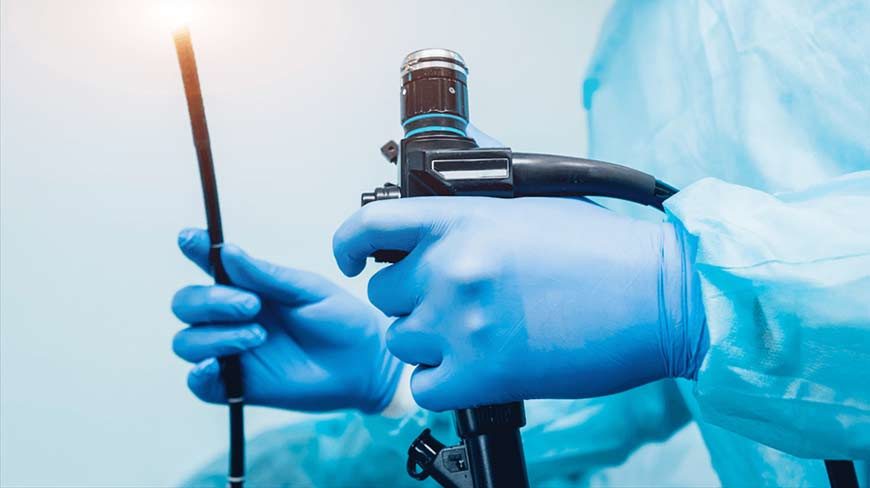Endoscopy: A Comprehensive Guide to the Procedure and What to Expect
If your doctor has recommended an endoscopy, you might feel anxious about what lies ahead. This comprehensive guide will walk you through everything you need to know about the procedure, from preparation to recovery, helping you feel more confident and prepared for your upcoming examination.
What is an Endoscopy?
An endoscopy is a non-surgical procedure used to examine your digestive tract using a flexible tube with a light and camera attached to it, called an endoscope. This essential diagnostic tool allows doctors to visually examine the inside of your digestive system without requiring major surgery.
The most common type of endoscopy is an upper endoscopy, also known as an esophagogastroduodenoscopy (EGD), which examines your upper digestive tract, including the esophagus, stomach, and the beginning of your small intestine (duodenum).
How do I prepare for an Endoscopy?
Preparing for an endoscopy requires careful attention to your doctor’s instructions to ensure the procedure is safe and effective. Most importantly, you’ll need to fast from solid foods for at least 8 hours before the procedure, though you may be allowed to drink clear liquids up to 4 hours before. You’ll also need to discuss your current medications with your healthcare provider, as some medications, particularly blood thinners, may need to be temporarily stopped or adjusted.
On the day of the procedure, wear comfortable, loose-fitting clothing and arrange for someone to drive you home afterward, as you’ll receive sedation and won’t be able to drive. It’s important to arrive at least 30 minutes before your scheduled time to complete necessary paperwork and prepare for the procedure, including changing into a hospital gown and having your vital signs checked.
Key preparation points:
- Stop eating solid foods 8 hours before the procedure and avoid drinking anything, including water, for 2-4 hours before
- Provide your doctor with a complete list of your medications, supplements, and any allergies you may have
- Inform your healthcare team about any medical conditions, previous surgeries, or if there’s a possibility you might be pregnant
How long does it take to recover from an endoscopy?
Recovery from an endoscopy is typically quite quick and straightforward. Most people can return to their normal daily activities the day after the procedure. However, during the immediate recovery period, which usually lasts 1-2 hours at the medical facility, you’ll be monitored until the sedation wears off. During this time, you might feel drowsy and experience a mild sore throat or bloating. For the remainder of the day after your endoscopy, you should:
Rest at home and avoid strenuous activities not drive or operate machinery for 24 hours due to the sedation. Start with light food after the procedure and then advance to regular diet. Resume normal eating habits the next day unless instructed otherwise. Not make important decisions or sign legal documents for 24 hours
Most people can return to work the next day, though if your job involves heavy lifting or strenuous activity, you might need to wait an extra day. Any throat discomfort typically resolves within 24-48 hours, and bloating or gas usually dissipates within a few hours after the procedure.
Schedule an Appointment
Dr. Olivera at Go Gastro Chicago brings exceptional expertise and a patient-centered approach to endoscopic procedures, utilizing state-of-the-art technology to ensure the most accurate diagnoses and effective treatments. Whether you’re experiencing persistent digestive issues, unexplained abdominal pain, or are due for preventive screening, scheduling your endoscopy with Dr. Olivera means choosing a physician who combines technical excellence with compassionate care. Don’t wait to address your digestive health concerns – contact Go Gastro Chicago today to schedule your endoscopy with Dr. Olivera and take the first step toward better gastrointestinal health and peace of mind.
